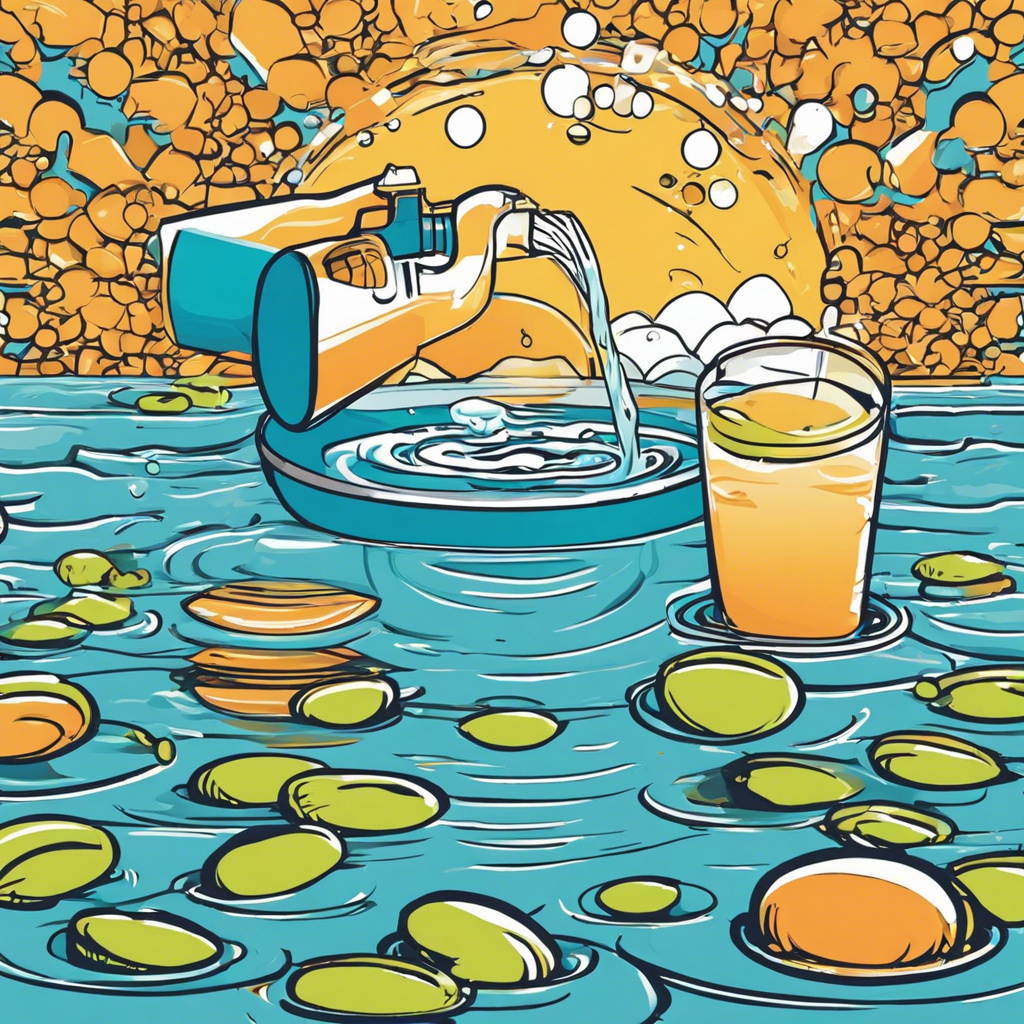Leading a healthy life is a goal for many, and proper hydration is an essential part of achieving this goal. We’ve all heard the advice to “drink more water,” but what are the facts behind this recommendation? How much water do we really need to stay hydrated and healthy?
Our bodies are composed of about 60% water, which plays a vital role in almost all bodily functions, including digestion, absorption, circulation, and body temperature regulation. Water acts as a lubricant and a means of transport for nutrients and oxygen to our cells. It also helps to protect our organs and tissues, and acts as a shock absorber for our brains and spinal cords. So, it’s clear that water is crucial for our bodies to function properly.
The recommended amount of water to consume daily varies from person to person and depends on factors such as age, gender, activity level, and overall health. On average, health authorities recommend that men consume about 3.7 liters of fluids per day and women consume about 2.7 liters. However, it’s important to remember that this recommendation includes fluids from all sources, including water, other beverages, and food. The amount of water required can also vary based on activity level and environmental conditions. For example, athletes or individuals who engage in vigorous physical activity may need to increase their fluid intake to compensate for fluid loss through sweating. Similarly, individuals living in hot or humid climates may need to increase their fluid intake to replace the water lost through perspiration.
While water is the best source of hydration, other beverages, such as tea, fruit juices, and milk, can also contribute to your daily fluid intake. However, it’s important to be mindful of the added sugars and calories in these beverages. Eating plenty of water-rich foods, such as fruits and vegetables, can also help you meet your hydration needs. Fruits like watermelon, strawberries, and oranges, and vegetables like cucumbers and lettuce, are all excellent sources of water and can help you stay hydrated.
So, how can you ensure you’re getting enough water? A good way to start is by listening to your body and responding to your thirst. Thirst is a natural indicator that your body needs more fluids. Carrying a reusable water bottle with you can also help remind you to drink more water and refill it throughout the day.
It’s also important to be aware of the signs of dehydration, which can include headache, fatigue, dry mouth, reduced urination, and dark-colored urine. If you experience any of these symptoms, increase your fluid intake and seek shade or a cooler environment if you’re in a hot climate. In severe cases of dehydration, medical attention may be required, especially for vulnerable individuals such as young children and the elderly.
In conclusion, proper hydration is a crucial aspect of maintaining good health. While the recommended amount of water varies depending on individual factors, the simple act of listening to your body and responding to your thirst can go a long way in ensuring you stay hydrated and healthy. So, drink up and keep yourself refreshed!
